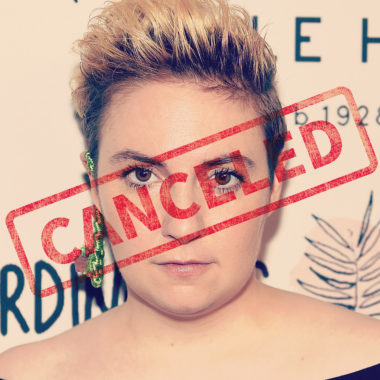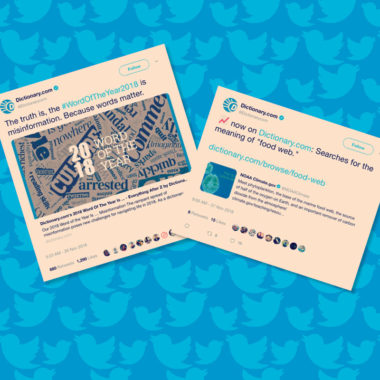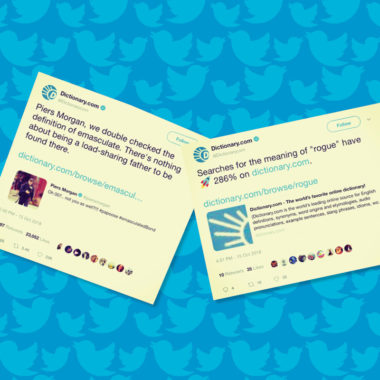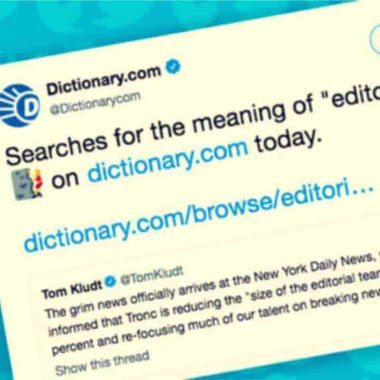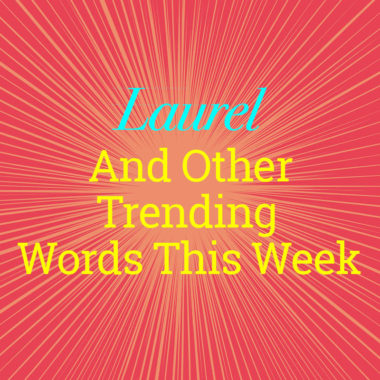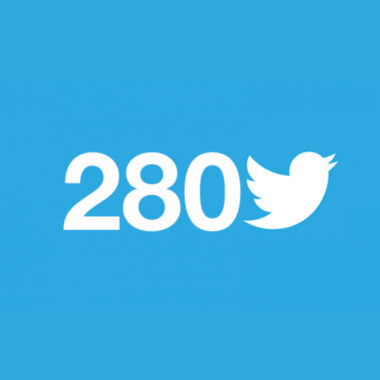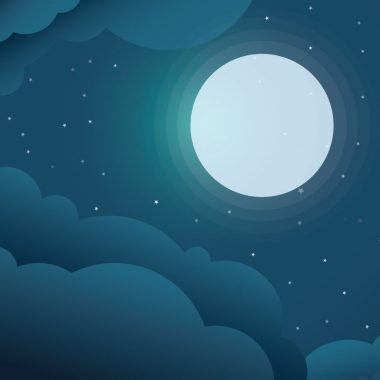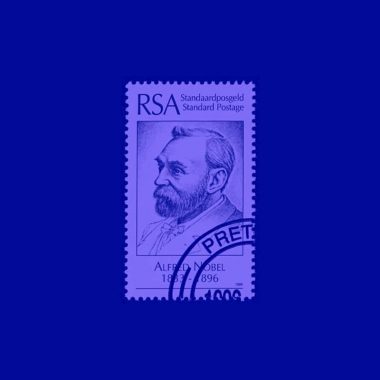Humanitarian, Sublimate, And Other Trending Words On Dictionary.com
From Glenn Close at the Golden Globes to Cyntoia Brown in Tennessee, here’s who (and what) had folks searching for meaning on Dictionary.com the week of January 4–11, 2019. Humanitarian President Donald Trump made his first-ever address to the nation from the Oval Office this week, so it’s no surprise that folks tuned in to see what he had to say, or that plenty stuck …

